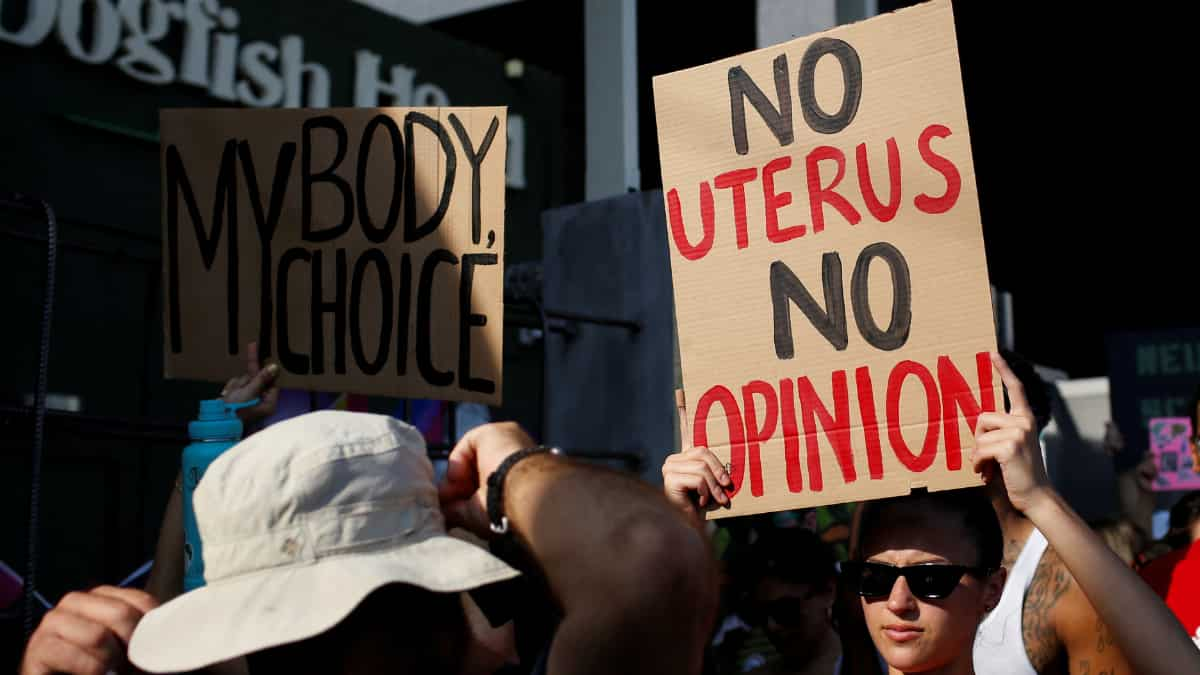Florida Supreme Court Allows Voters to Decide on Abortion Rights
The recent decisions of the Florida Supreme Court have brought the issue of abortion rights to the forefront, giving voters a significant role in shaping the state’s laws regarding this sensitive topic.
Court’s Rulings on Abortion Ban
Florida’s top court agreed by 6-1 that the state’s constitution, particularly its privacy protections, did not extend to access to abortion. This decision upheld the existing 15-week abortion ban that was enacted in Florida in 2022.
Additionally, the court paved the way for the enforcement of a separate six-week abortion ban that had been passed in 2023. The implementation of the six-week ban will take place within 30 days, marking a significant development in the state’s abortion laws.
Proposed Constitutional Amendment
In a separate ruling, the Florida Supreme Court also approved by 4-3 the inclusion of a proposed constitutional amendment on the November ballot. This amendment aims to protect access to abortion in the state and will give Floridians the opportunity to vote on the matter during the upcoming general election.
The ballot question will require voters to choose ‘yes’ or ‘no’ in response to a statement affirming that no law should hinder, penalize, delay, or restrict abortion before viability or when necessary to safeguard the patient’s health. Viability, typically around 24 weeks, refers to the point at which an unborn child is likely to survive outside the uterus.
It is important to note that the proposed amendment does not alter the Legislature’s constitutional authority to mandate parental or guardian notification before a minor undergoes an abortion.
Lawsuits challenging the six-week abortion ban have been filed by organizations such as the American Civil Liberties Union and Planned Parenthood, underscoring the contentious nature of the issue and the legal battles that may lie ahead.
These recent developments highlight the ongoing debate surrounding abortion rights in Florida and the pivotal role that voters will play in shaping the state’s laws on this divisive issue.
















































